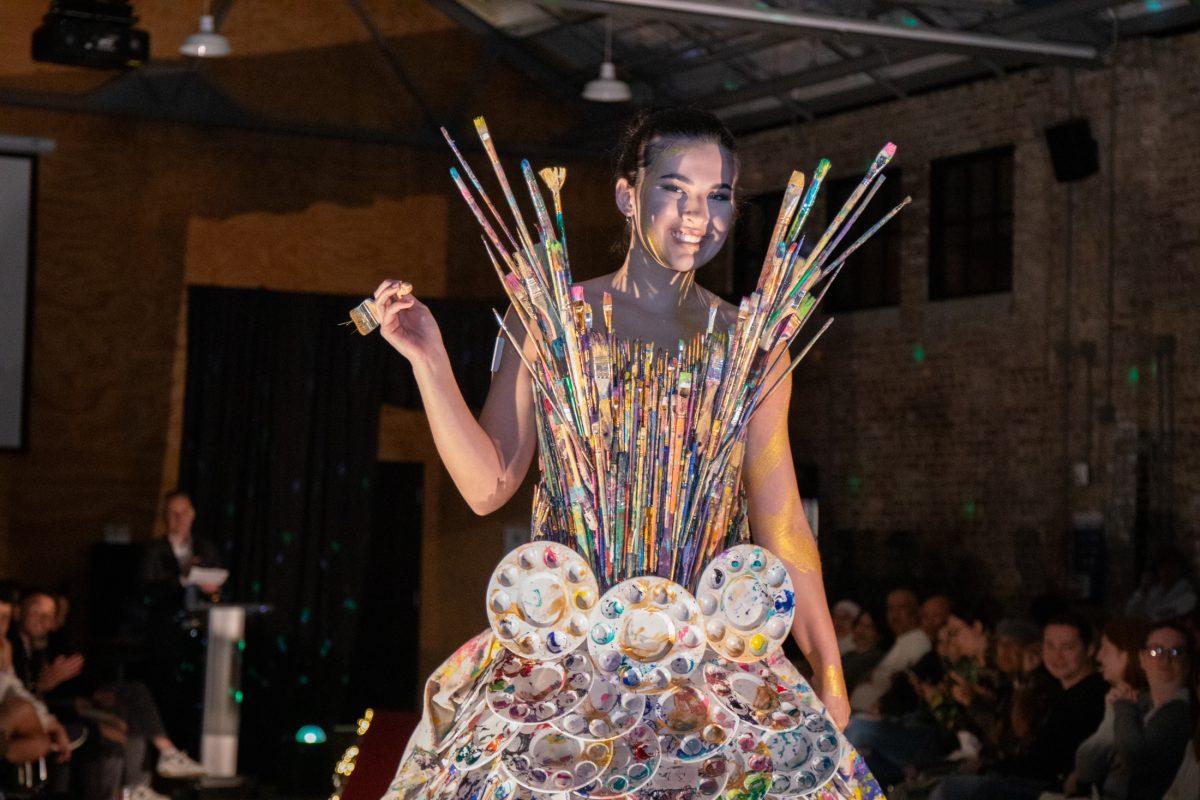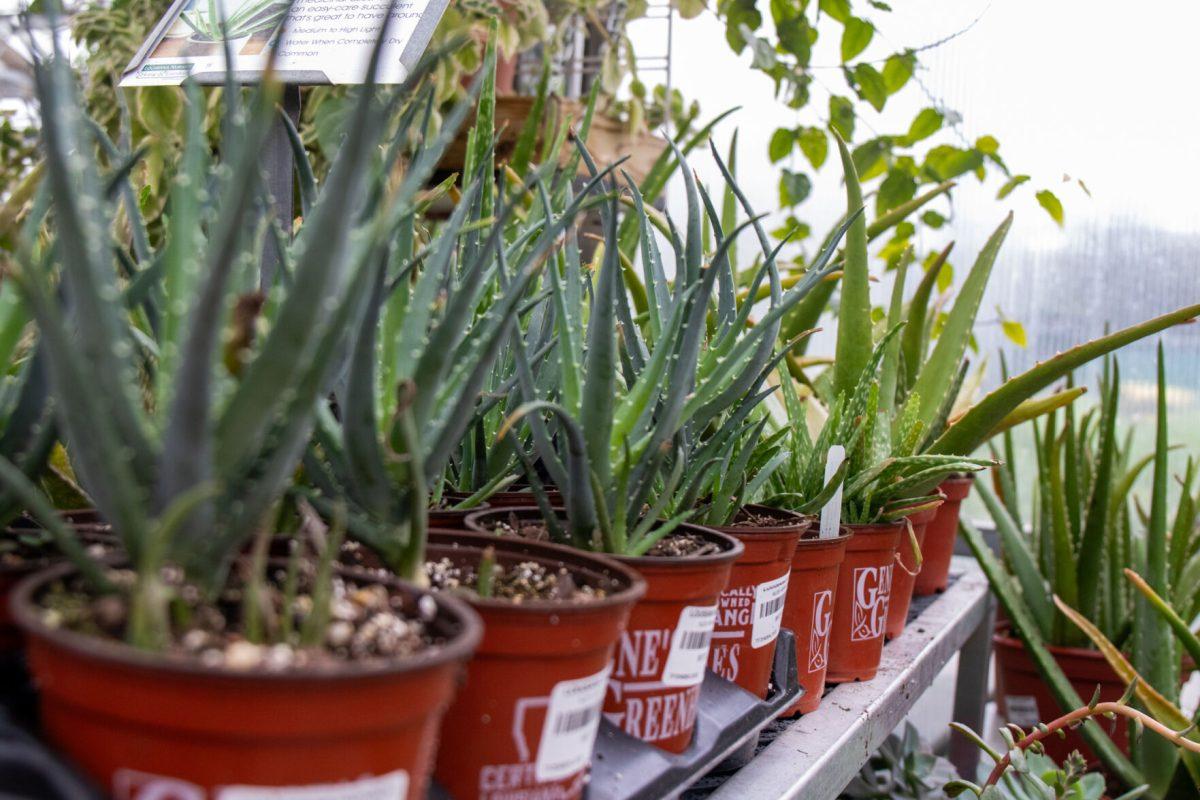The Augmentative and Alternative Communication Clinic, or AAC, is the newest clinic to join Hatcher Hall in the department of communication sciences and disorders. The AAC started in June with Shannon Farho as the director.
“AAC is an alternative way to communicate if you have either permanently or temporarily lost the ability to speak,” Daphne Hartzheim, assistant professor in the department of communication sciences and disorders, said.
Farho highlighted that we use AAC and do not even know it. For example, we use it through facial expressions, gestures and pointing to things we like. We can also use it in a high-tech way when using apps, technology that is able to use our eyes to communicate, and devices that are able to speak for us.
“This clinic will allow our graduate students a streamlined approach from coursework to clinical application,” Melissa Lalande, coordinator of clinical services, said. “Our students will learn to manage cases from the beginning, which is the initial evaluation, to the end, in which the device is delivered.”
The variety of devices presented give patients a choice to see what is best suited for them. The devices have a high-tech program allowing them to send messages with their hands or eyes. Once they give their message to the device, the device speaks for them, and this allows them to have a voice again.
Everyone who is a part of the clinic is so grateful to be there are incredibly dedicated to helping every single person that walks in the door.
Graduate students are so excited to learn new things and help someone new each day.
“I need to be able to communicate with my husband to know his needs,” said one patient’s wife. “Plus, he has such a good sense of humor, and I still want him to be able to tell me those silly jokes. Now that we have come here, he will still be able to do that. The love we feel from everybody here is amazing. We feel so fortunate we found this place, and everyone made us feel right at home.”
Volunteer Brooke Holley, said she realized that in our community, there is a group of people that do not have a voice, and she wanted to be a part of something that gave them a means of communication. She also added that even though she is an undergraduate, the AAC still allows her to participate and make a difference.
“This clinic has really taught me how to be human and to love on people at the different phases of their life,” Hannah Jumonville, a graduate student at the clinic, said. “It has been the most rewarding clinic and the most validating clinic because of how much we can really make a difference in these people’s lives.”
Overall, Farho believes the vast majority of the public do not even know the whole spectrum of what AAC includes. She would like the community to know that AAC is just another way to communicate, and people should not be taken aback by it.
Hartzheim and Farho agreed that they have improved their understanding of the funding process while at the clinic, and they are mentoring their students when interacting and working with patients.
“I am very pleased with the group of these women who have been
critical in the establishment of this clinic since June of this year,” Farho said.
The Augmentative and Alternative Communication Clinic is the newest addition to Hatcher Hall
By Abby Kibler
October 13, 2019





